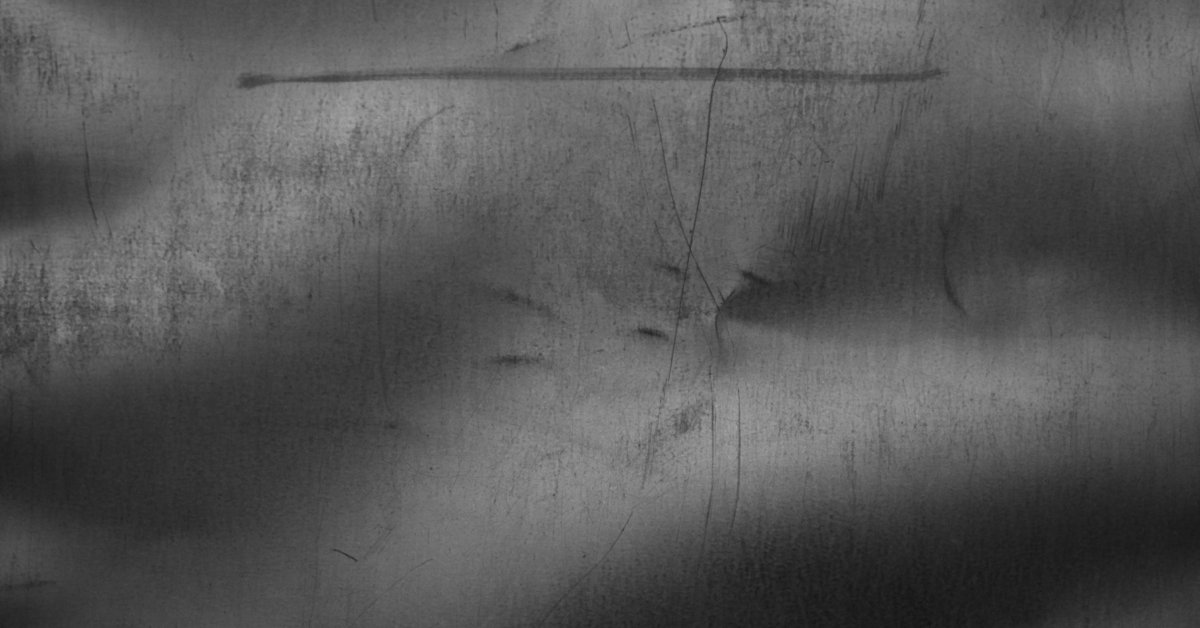Preventing Sheet Metal Surface Damage During Fabrication

When selecting a sheet metal fabricator for your project, surface integrity should be a top priority. Surface damage not only affects the aesthetic appeal of your finished product but can also compromise its functionality and longevity. You need to partner with a fabricator who understands that preventing surface damage of sheet metal requires systematic approaches throughout the entire fabrication process. Here are some things you should know about this on your end.
Material Handling Excellence
Your chosen fabricator should demonstrate meticulous material handling practices from the moment raw materials arrive at their facility. Look for shops that use protective coverings such as plastic films or foam padding during transport and storage. Skilled fabricators train their workforce on proper lifting and stacking techniques, ensuring that sheets never come into direct contact with rough surfaces or sharp edges.
The best fabricators implement clear labeling and organization systems that minimize unnecessary material movement. This systematic approach reduces the chances of accidental scratches, dents, or other surface imperfections that can occur when materials are repeatedly handled or repositioned.
Advanced Tooling and Equipment Standards
Professional sheet metal fabricators invest in non-abrasive tools and machinery specifically designed for metalworking applications. You should inquire about their equipment maintenance schedules, as poorly maintained tools can leave marks, scratches, or other surface defects on your materials.
Quality fabricators use soft jaws or protective pads on their clamps and vises to prevent direct metal-to-metal contact. They understand that even minor tool marks can become significant issues in applications where surface finish is critical.
Comprehensive Protective Measures
During the fabrication process, experienced shops apply temporary protective films or coatings to sheet metal surfaces before beginning any cutting, forming, or welding operations. These protective measures act as barriers against sparks, debris, and accidental contact damage.
You should also look for fabricators who maintain clean, debris-free work surfaces and implement protocols to minimize direct hand contact with finished surfaces. Oil and dirt transfer from bare hands can create lasting blemishes that require additional finishing work.
Rigorous Quality Control Systems
The most reliable fabricators conduct regular inspections at every stage of their process. Their quality control personnel are trained to identify early signs of surface damage and address issues before they become costly problems.
Advanced shops may use sophisticated inspection tools like surface scanners to ensure precision and consistency across all fabricated components. When evaluating potential fabricators, ask about their quality control procedures and inspection protocols to ensure they align with your project requirements.
Who To Choose for Your Metal Fabrication
If you want to work with a company that prioritizes all these practices for preventing sheet metal surface damage during their fabrication process, then you need to come to Thin Metal Sales. We make it our goal to ensure your metal sheets come out just the way you expect. Plus, since we specialize in thin sheet metal, you can rest easy knowing that we know how to treat metal, no matter the size or thickness.


